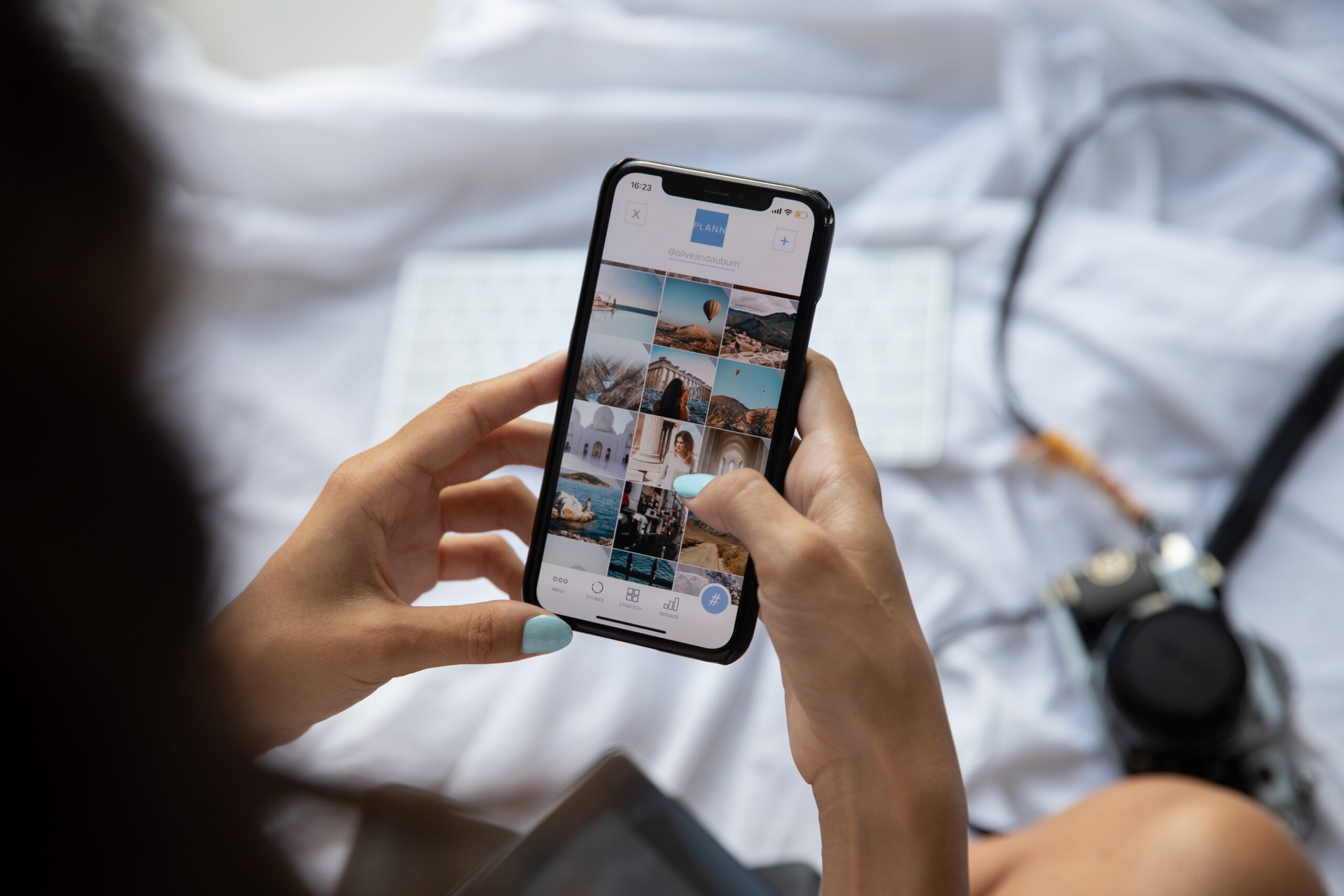It’s not just TikTok – every social media since the beginning of the internet has been competing for our attention (and winning it). Whatever your stance is on the decades-long debate of social media’s impact, one thing is for certain: it’s inevitable. Right?
Although modern day-to-day communication relies heavily on using WhatsApp for community connections, Instagram for social interactions, LinkedIn for professional development and so on, we’re using these platforms mindlessly. And how could we not, since their initial – and continuous – appeal is easy to consume, short, and entertaining content. Apart from “scrolling” becoming a guilty pleasure, social media’s impact has also been physiological. Our attention spans have been continuously shrinking, which makes it harder to concentrate on lectures, write assignments, and focus on the things that really matter – preferably outside a screen.
Research on the neurological impact of technology seems to vary, yet there’s one thing researchers can agree on: something is wrong. And if your first instinct when studying is to open TikTok, you can probably agree too. Nevertheless, there’s still hope.
Barbara Shinn-Cunningham, director of the Neuroscience Institute at Carnegie Mellon University, claims the problem is that we use technology in the way tech companies want us to. In other words, the solution to a deteriorating attention span is not deleting Instagram (trust me, I’ve tried), but rather changing the way we use it. Although that might sound hard to accomplish, there are a few simple steps you can follow to reshape your relationship with social media for the better (and increase your productivity while you’re at it).
1. Turn off your notifications.
Trust me, you’re not missing out on much.
This is the basic principle of minimizing distractions that I’d never thought of doing before, but it’s significantly increased my productivity. Turning off all non-essential notifications means you don’t get distracted every time your best friend sends you a meme or a high school classmate goes live on Instagram. This change can make your study sessions much more efficient and your mind less cluttered, so you can be in better control of your attention. After your responsibilities for the day have ended, you’re free to catch up on everything you’ve missed throughout the day without sacrificing important focus time!
2. Learn to ignore your phone.
Experts say that simply having a phone within eyesight can be distracting. Yet if you’re reading this article, chances are you’ve tried leaving your phone in another room and failed miserably; indeed, just the thought alone of abandoning your phone can be distracting. To combat this, you should train your mind to ignore the presence of your phone until it practically becomes muscle memory. If you can’t put your phone in your bag or your jacket pocket, disable all notifications, put it face-down, and pretend it simply doesn’t exist. Even though the urge to use it will linger at the beginning, it will get progressively easier to focus on your work instead of imagining how many DMs are awaiting your response.
3. Understand that nothing on social media is worth your attention.
If you’re asked if the content you consume on social media is meaningful or important to your daily life, chances are you’ll admit it’s not. Social media has become a subconscious guilty pleasure for most, hence being consciously aware of its contents’ low quality means you’ll be less tempted to open your favorite apps. Let’s be honest, the latest meme on Twitter (sorry, X) is not going to help you finish your math assignment.
4. Substitute the dopamine rush.
It’s instinctive to open a social media app as soon as you feel remotely tired, bored, or lazy (or in the case of studying, all of the above). This tendency can be attributed to the dopamine rush you get from using them, with each piece of content becoming more entertaining, funny, and the exact opposite of your boring responsibilities. A good way to deal with this is to substitute your phone with something equally exciting to look forward to: the dessert waiting in the fridge, a hangout with friends, the gym, your favorite hobby, or a friend you haven’t talked to in a while. These activities can feel equally (if not more) rewarding and fulfilling than going on Instagram.
5. Make peace with boredom.
This might sound counter-intuitive, but boredom is not your enemy. It’s inevitable that you’ll get bored, so if you program your mind to immediately turn to your phone when you do, you won’t get much done. Instead, aim to feel comfortable with silence and thoughts flooding in. Apart from the fact that it’s not mentally healthy to be constantly distracted from your thoughts, it can also affect your studying. After a while, you’ll notice that these “thought floods” will stop appearing as much and your attention will be all the more improved.
After reading this article, take the time to make these small changes to your phone and mindset before going about your day. Trust me, your grades will thank you.
Writer: Chris Ntonis


